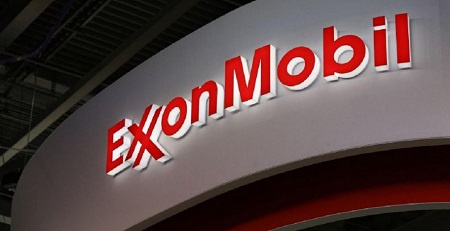
The Minister for Energy, Boakye Agyarko, earlier this year dismissed claims that he had breached the Petroleum Law in signing Exxon Mobil to invest in the country’s oilfields. He asserted that the negotiations toward the contract had commenced before the passage of the Petroleum Exploration and Production Bill into law. Thus, the law could not have taken retrospective effect.
Early on, concerns had been raised by some industry players over the Minister’s supposed failure to subject the contract to competitive bidding as spelled out in the law. “Exxon Mobil started its program of operating in Ghana before the passage of the E&P Law was in 2016, as such the law could not take a retrospective effect,” he said.
Mr. Agyarko explained, at the signing ceremony between Exxon Mobil and Ghana in Accra that there had been some issues that suspended the negotiations, including foreign exchange and tax issues.
The company, however, renewed its interest to revive the negotiations with the country when the current government assumed office. Consequently, they outlined the need to work around the issues to facilitate their operations.
Exxon Mobil, he said, has the highest standard of safety and financial accounting as well as all that the country requires about oil operations. He added that the Ministry had received several expressions of interest from other oil companies including BP, Shell, and Chevron, all of whom are expected to come and operate in Ghana,” he stated.
The agreement between Exxon Mobil and Ghana is intended to increase the government’s revenue from the sector to drive economic growth and transformation, as well as initiate future investments.
The CEO of the Ghana National Petroleum Corporation (GNPC), Dr. K.K. Sarpong, indicated that the partnership would give Ghanaians access to opportunities in Exxon Mobil’s operations where necessary.
On the enforcement of local content policies, he said the laws have been strengthened with the Petroleum Commission at the forefront of enforcement. “We at GNPC have the sustainability and localization department which tries to make sure that we bring our partner’s attention to the mode of operation so that we take advantage to get benefits from our local people both corporate and individuals,” he said.
ExxonMobil’s investment in the oil sector in Ghana is foremost in the country after the ruling by the International Tribunal on the Law of the Sea (ITLOS) in the maritime border dispute between Ghana and the Ivory Coast, in September last year.
The ruling, in favor of Ghana, subsequently merits the country’s substantial recognition among global oil nations. ExxonMobil joins other operators in Ghana’s petroleum upstream sector including, Tullow, Kosmos, and ENI. It is expected to start full exploration activities after Parliament ratifies the deal.
Ghanaian ownership is estimated at thirty percent; with 10 percent royalty to the government of Ghana while the GNPC owns 15 percent stake as Carried and Participation Interest. The local partner for ExxonMobil is also entitled to five percent of the company’s stake.



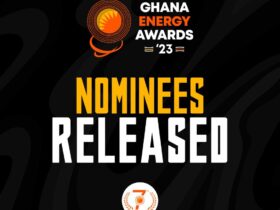



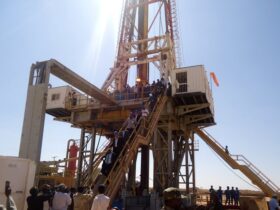

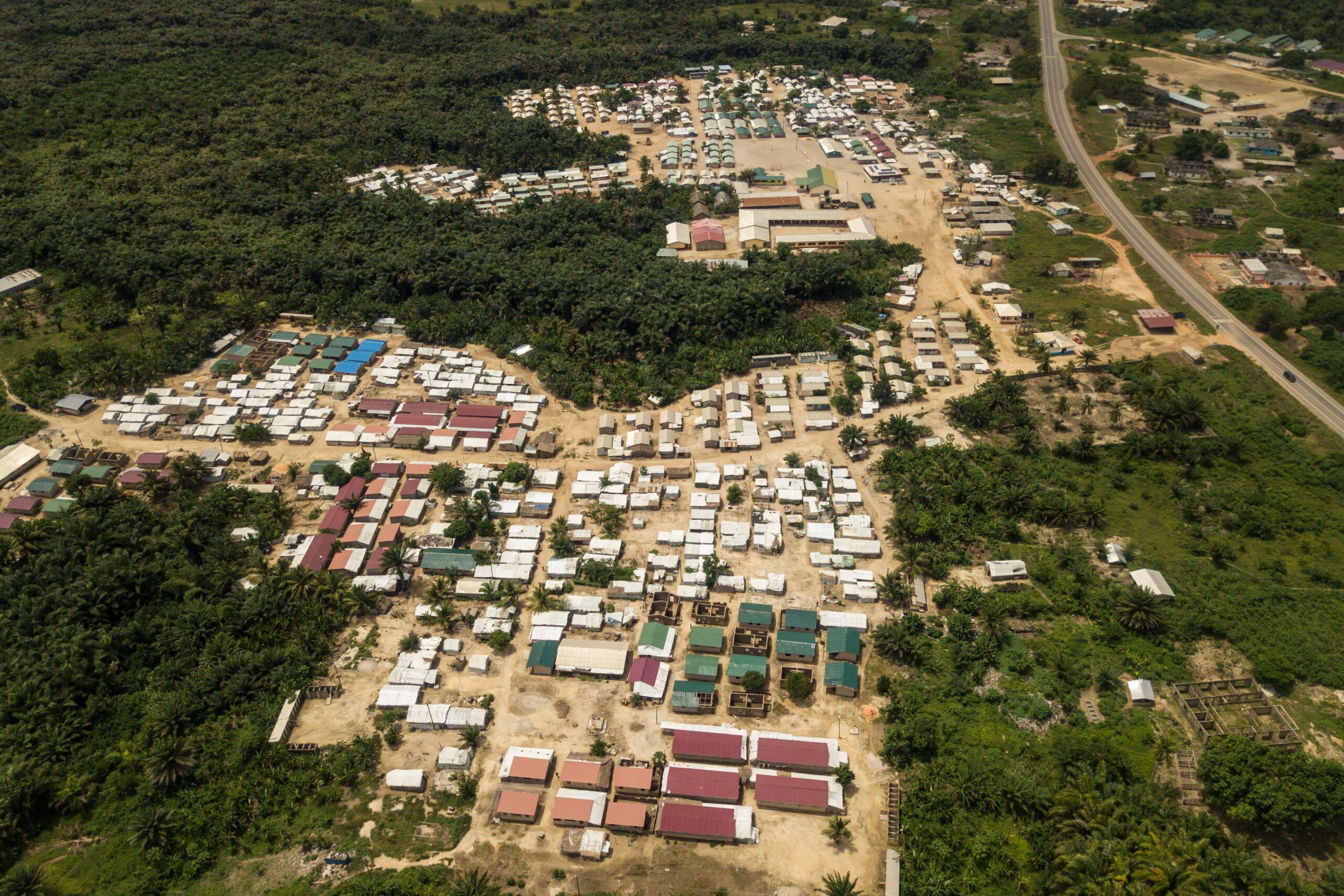

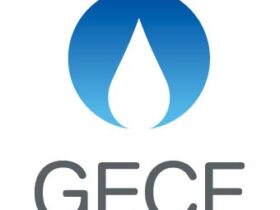

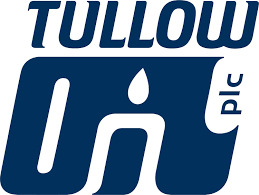

Leave a Reply